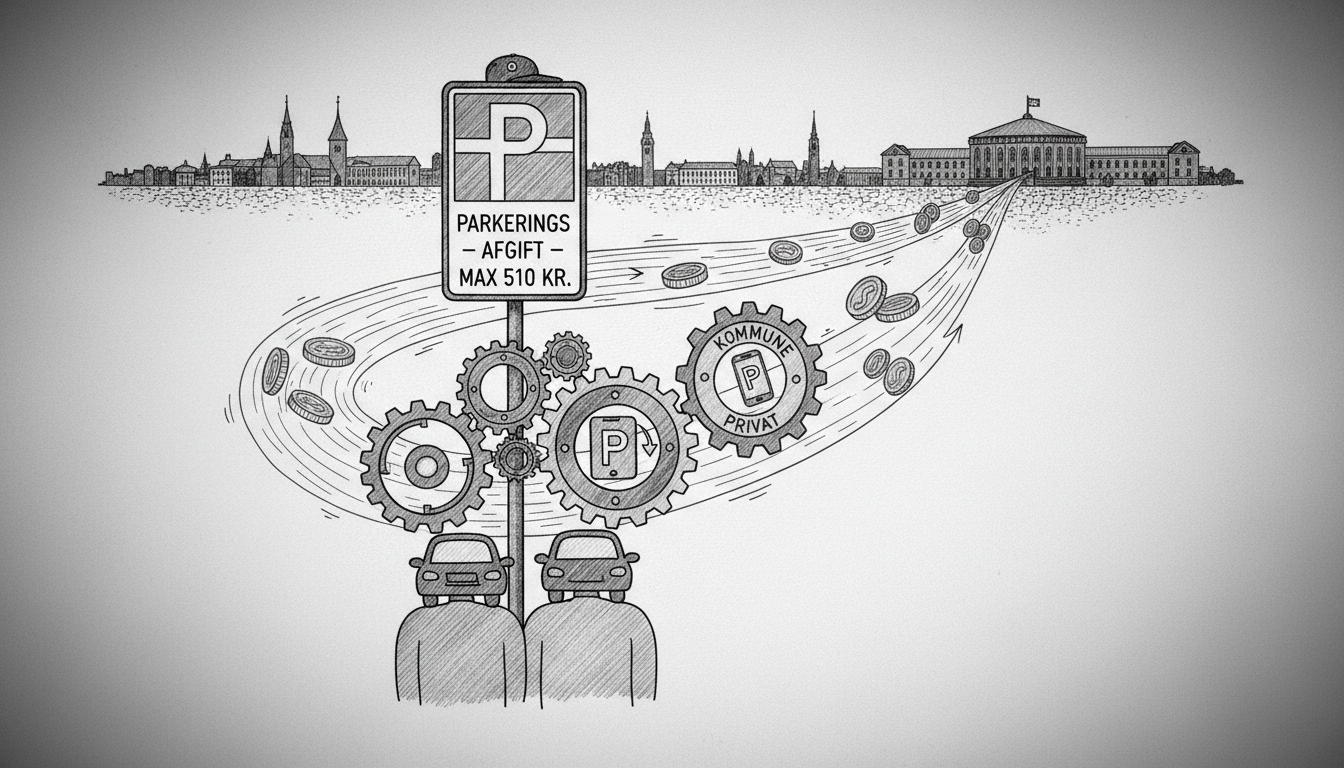A major Danish political party wants to create a uniform parking fine system across Denmark. The proposal would cap all parking penalties at 510 kroner regardless of whether they come from municipal authorities or private companies.
Inger Støjberg's Denmark Democrats party unveiled six parking reform measures this weekend. The party leader stated Danish drivers face excessive pressure from parking enforcement. She specifically criticized private parking companies for running businesses that target motorists.
Støjberg declared the time has come to stop treating drivers and their parking as revenue sources. She called parking enforcement neither a money machine nor a hidden tax. The politician referenced data showing municipalities generated approximately 1.2 billion kroner from parking activities last year.
Copenhagen Municipality accounted for over half these revenues. The capital city reported more than 700 million kroner in gross income from paid parking and parking control.
The proposed reforms would require municipalities to transfer a larger portion of parking revenues to the national government. The current threshold of 320 kroner per citizen would drop to just 50 kroner. Only Copenhagen and Frederiksberg municipalities currently share parking revenues with the state.
Private parking companies would face new obligations under the plan. They would need to develop a unified mobile application covering all their parking facilities. Major private parking operators in Denmark include Q-Park, Apcoa, Parkzone, and Copark.
This parking reform initiative reflects broader debates about urban mobility and municipal financing in Scandinavian countries. Danish parking regulations have evolved significantly over the past decade as cities balance revenue needs against driver convenience. The current system creates confusion for both residents and visitors about differing rules and penalties.
International readers should understand that Nordic countries typically have higher parking fines than many other regions. The proposed 510 kroner cap translates to approximately 75 US dollars or 70 euros. This standardization effort could simplify parking for tourists and business travelers who often struggle with varying private and municipal parking systems.
The political context matters here too. Støjberg's party positions itself as defending ordinary citizens against what it perceives as excessive regulation and taxation. The parking proposal clearly aligns with this political messaging ahead of potential elections.
Municipalities will likely resist reduced parking revenues, setting up a classic Danish political battle between local and national interests. The private parking industry will also lobby against mandatory app development requirements that could increase their operational costs.
What remains unclear is whether other political parties will support these measures. Danish coalition governments often require compromise on such consumer-focused reforms. The coming weeks will show if this parking initiative gains traction beyond its original proponents.

